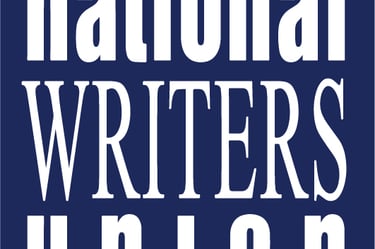Allegations of Conflict of Interest Surround World Aquatics President


Allegations of Conflict of Interest Surround World Aquatics President
Husain Al-Musallam, the president of World Aquatics, is facing allegations of awarding a multi-million dollar contract to a company owned by his wife and children. The case has been referred to the public prosecutor by Kuwait's sports authority, raising concerns about potential conflicts of interest within the organization.
The controversy surrounding Al-Musallam has put his position as president of World Aquatics in jeopardy. Unless the Aquatics Integrity Unit, which was founded by Al-Musallam himself, or other governing bodies such as the International Olympic Committee and the Ethics Commission of the Olympic Council of Asia (both of which are handpicked and controlled by Al-Musallam), are able to intervene and clear his name, World Aquatics will likely have to search for a new president.
Despite the allegations, Al-Musallam appears to be relatively secure at the moment, as he continues to attend the World Aquatics Championships in Doha. However, he has also been traveling extensively in the first weeks of February, which may indicate that he is taking the situation seriously and exploring his options.
Concerns over Conflict of Interest
The allegations against Al-Musallam revolve around a potential conflict of interest. By awarding a contract to a company owned by his own family, he may have violated ethical guidelines and compromised the integrity of World Aquatics. Such actions raise questions about fair competition and transparency within the organization.
While Al-Musallam may argue that he acted within the bounds of the law, the fact that the case has been referred to the public prosecutor suggests that authorities are taking the allegations seriously. It remains to be seen how the legal process will unfold and what consequences Al-Musallam may face if found guilty.
Implications for World Aquatics
The potential fallout from this controversy could have significant implications for World Aquatics. The organization, which governs aquatic sports worldwide, relies on the trust and credibility of its leadership to maintain its reputation and ensure fair competition.
If Al-Musallam is unable to clear his name and continues to face scrutiny, World Aquatics may face a loss of confidence from athletes, sponsors, and the general public. This could result in a decline in participation, financial support, and overall credibility for the organization.
It remains to be seen how the Aquatics Integrity Unit, the International Olympic Committee, and other governing bodies will handle this situation. The outcome will not only determine Al-Musallam's future but also shape the future of World Aquatics as a whole.




